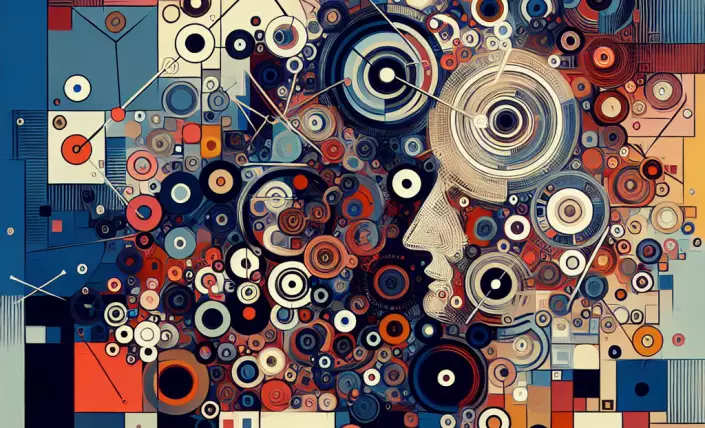In the vast landscape of economic philosophy, Friedrich Hayek stands as a towering figure whose insights transcend mere economic analysis, delving into the intricate web of human interactions and societal evolution. One of his most compelling contributions is his concept of 'spontaneous order,' a phenomenon that challenges our understanding of how order and complexity arise in society without centralized control. This idea not only reshapes our perception of markets but also provokes a deeper reflection on the nature of human choice and agency.
Spontaneous order, as Hayek posits, is the result of individual actions and decisions, each made in pursuit of personal aims, yet cumulatively giving rise to an organized and coherent system. This concept stands in stark contrast to the belief in central planning and top-down control, suggesting instead that complex social orders emerge naturally from the bottom up. In this framework, the market becomes a vast network of information exchange, where prices act as signals that coordinate actions without the need for a central directive. This perspective invites us to question the extent of our control over the systems we inhabit and to recognize the myriad factors that influence our decisions in ways we might not fully comprehend.
Reflecting on this, one can see life itself as a tapestry woven from countless individual threads, each representing personal actions and choices that, while seemingly isolated, contribute to a broader social fabric. This view prompts introspection about the nature of our decisions: Are we truly autonomous agents, or are our choices subtly shaped by the spontaneous orders we are part of? Consider how cultural norms, economic conditions, and technological advancements—products of spontaneous order—impact our everyday decisions. These forces often operate beneath our conscious awareness, guiding our preferences and behaviors in ways that can seem predestined yet remain profoundly human. Understanding this dynamic can lead to a more nuanced appreciation of personal responsibility and freedom, recognizing that while we navigate a world of unseen forces, our capacity for choice remains a defining element of our humanity.
Hayek's philosophy thus encourages a deeper exploration of the invisible mechanisms that govern society and individual lives. It challenges us to embrace the complexity and unpredictability inherent in human systems, urging a thoughtful engagement with the world that acknowledges both the limits of our knowledge and the potential for creative adaptation. In doing so, it offers a philosophical lens through which we can better appreciate the delicate balance between freedom and order, reminding us that the pursuit of understanding is a journey as dynamic and evolving as the spontaneous order itself.










